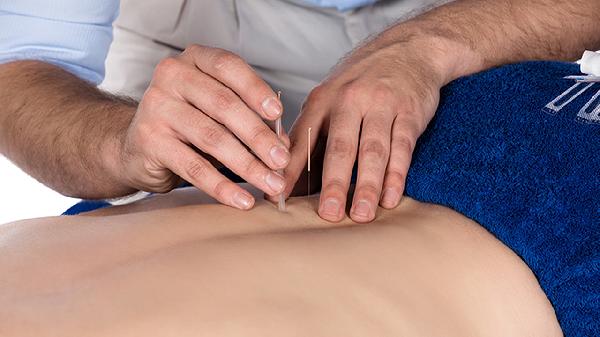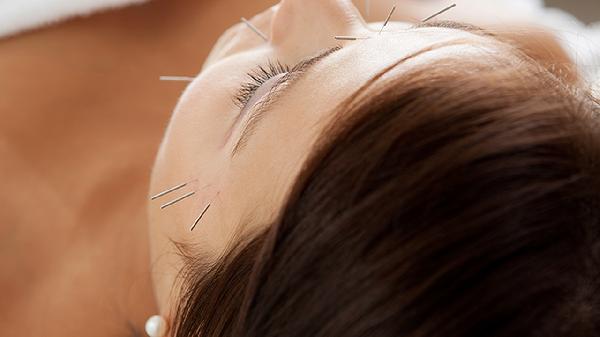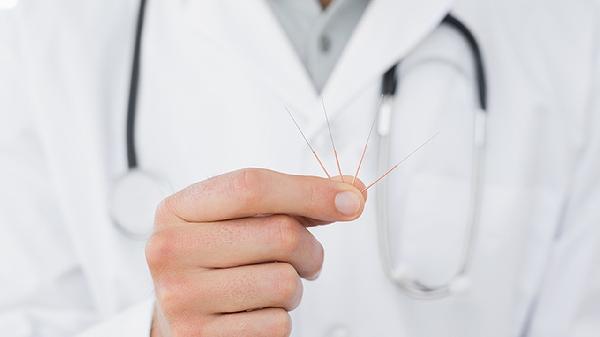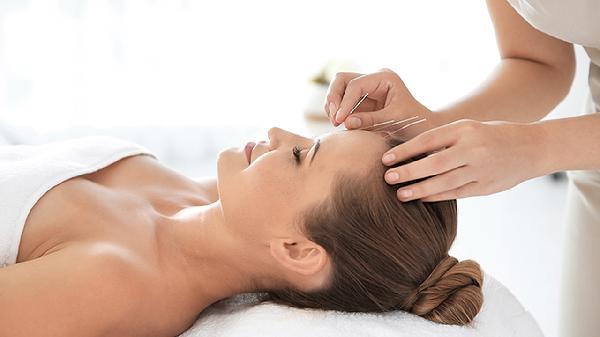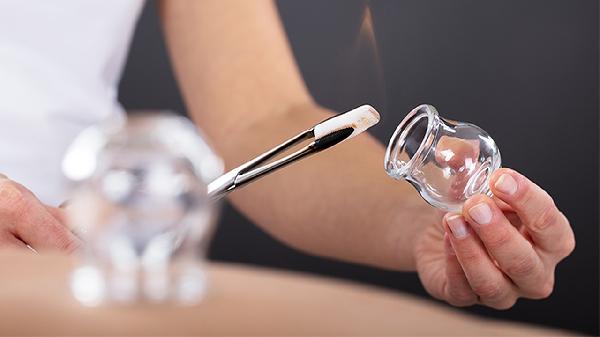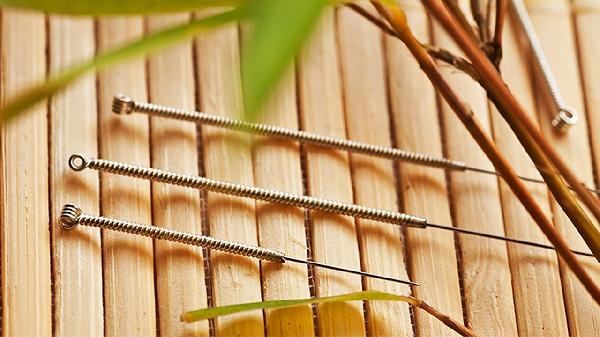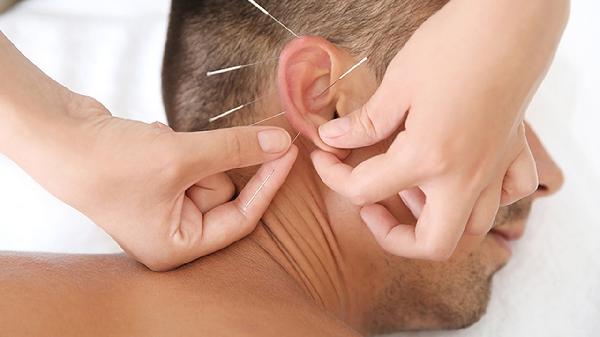Yes, acupuncture can effectively relieve TMJ (temporomandibular joint) pain for many individuals. This ancient Chinese practice involves inserting thin needles into specific points on the body to stimulate energy flow and promote healing. Research and expert insights suggest that acupuncture can reduce inflammation, relax muscles, and alleviate pain associated with TMJ disorders. Below, we’ll explore how acupuncture works for TMJ pain, its benefits, and what to expect during treatment.

How Acupuncture Works for TMJ Pain
Acupuncture targets specific points, known as acupoints, to restore balance in the body’s energy flow, or Qi. For TMJ pain, acupuncturists often focus on points around the jaw, face, neck, and shoulders. Inserting needles into these areas can help relax tense muscles, improve blood circulation, and reduce inflammation in the temporomandibular joint. Additionally, acupuncture triggers the release of endorphins, the body’s natural painkillers, which can provide immediate relief from discomfort.
Benefits of Acupuncture for TMJ Pain
One of the primary benefits of acupuncture is its ability to address both the symptoms and root causes of TMJ pain. Unlike medications that mask pain, acupuncture aims to restore proper function to the joint and surrounding muscles. It is a non-invasive treatment option with minimal side effects, making it a safe alternative for those who cannot tolerate medications or prefer natural therapies. Many patients report significant improvements in pain levels, jaw mobility, and overall quality of life after undergoing acupuncture sessions.
What to Expect During an Acupuncture Session
During your first acupuncture session, the practitioner will conduct a thorough assessment of your TMJ pain, including its severity, triggers, and any accompanying symptoms. They will then identify the most effective acupoints for your condition. The needles used are extremely thin, and most people experience little to no discomfort during insertion. Once the needles are in place, you’ll typically rest for 20–30 minutes while the treatment takes effect. Some patients feel immediate relief, while others notice gradual improvements over several sessions.
Scientific Evidence Supporting Acupuncture for TMJ Pain
Several studies have highlighted the effectiveness of acupuncture in managing TMJ pain. A 2017 study published in the Journal of Acupuncture and Meridian Studies found that acupuncture significantly reduced pain and improved jaw function in patients with TMJ disorders. Another study in the Journal of Pain Research reported that acupuncture was more effective than conventional treatments like physical therapy or medication in alleviating TMJ-related discomfort. These findings underscore acupuncture’s potential as a viable treatment option for TMJ pain.
Combining Acupuncture with Other Therapies
While acupuncture can be highly effective on its own, combining it with other therapies may enhance its benefits. For example, many practitioners recommend integrating acupuncture with techniques like massage therapy, chiropractic care, or stress management practices. Stress is a common contributor to TMJ pain, as it can lead to clenching or grinding of the teeth. Acupuncture’s ability to promote relaxation can complement other treatments, providing a holistic approach to TMJ pain relief.
Tips for Choosing an Acupuncturist
When seeking acupuncture for TMJ pain, it’s essential to choose a qualified and experienced practitioner. Look for a licensed acupuncturist who specializes in treating musculoskeletal conditions or TMJ disorders. You can ask for recommendations from your dentist, doctor, or friends who have undergone acupuncture. Additionally, read reviews and check the practitioner’s credentials to ensure they have the necessary training and expertise. A skilled acupuncturist will tailor the treatment to your specific needs and monitor your progress throughout the sessions.
Potential Side Effects and Considerations
Acupuncture is generally safe when performed by a trained professional. However, some individuals may experience mild side effects, such as bruising, soreness, or slight bleeding at the needle insertion sites. These effects are usually temporary and resolve on their own. If you have a bleeding disorder, are pregnant, or have a pacemaker, consult your healthcare provider before starting acupuncture. It’s also important to communicate openly with your acupuncturist about any concerns or medical conditions to ensure a safe and effective treatment.
How Many Sessions Are Needed for Relief?
The number of acupuncture sessions required for TMJ pain relief varies depending on the severity of your condition and your body’s response to treatment. Some patients experience significant improvement after just one or two sessions, while others may need a series of 6–12 treatments for long-lasting results. Your acupuncturist will develop a personalized treatment plan based on your specific needs and goals. Regular follow-up sessions may be recommended to maintain the benefits and prevent recurrence of symptoms.
Lifestyle Changes to Support Acupuncture Treatment
To maximize the benefits of acupuncture for TMJ pain, consider making lifestyle changes that support your recovery. Avoid habits that strain the jaw, such as chewing gum, eating hard foods, or clenching your teeth. Practice stress-reducing techniques like meditation, yoga, or deep breathing exercises to minimize tension in the jaw muscles. Maintaining good posture and using ergonomic supports can also help alleviate pressure on the temporomandibular joint. These changes, combined with acupuncture, can create a comprehensive approach to managing TMJ pain.
Conclusion: A Holistic Approach to TMJ Pain Relief
Acupuncture offers a natural and effective way to relieve TMJ pain by addressing both the symptoms and underlying causes of the condition. Its ability to relax muscles, reduce inflammation, and promote healing makes it a valuable treatment option for many individuals. While results may vary, many patients experience significant improvements in pain levels and jaw function after undergoing acupuncture. By combining acupuncture with other therapies and making supportive lifestyle changes, you can take a holistic approach to managing TMJ pain and improving your overall well-being. Always consult with a qualified practitioner to ensure safe and effective treatment tailored to your needs.
